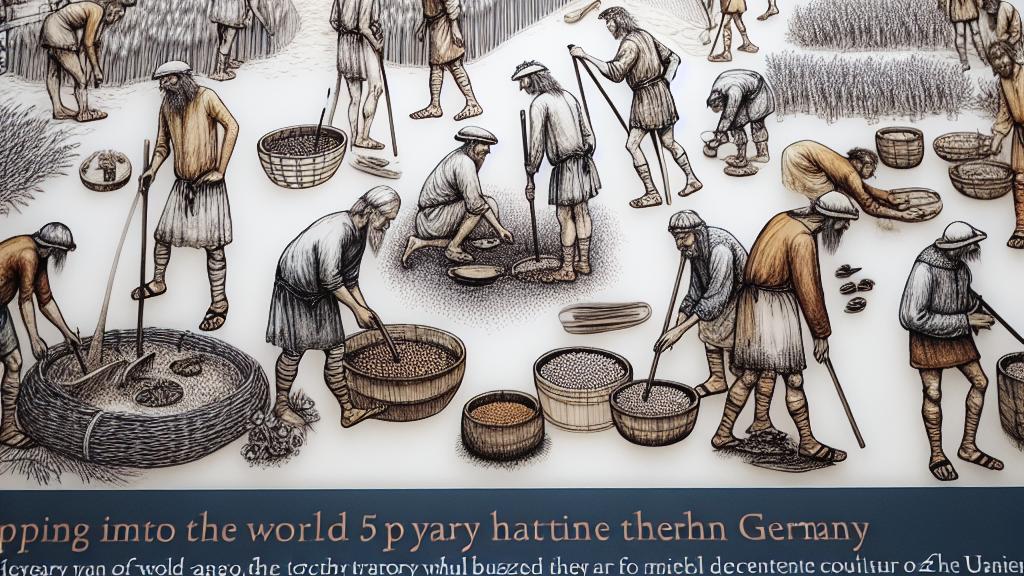How Did Farmers 5,000 Years Ago Cook Their Grains?
Overview
- A fascinating exploration of ancient cooking techniques used by early farmers.
- Insights into the vibrant food culture of the Funnel Beaker people.
- Contrasts in culinary practices between Northern Germany and Denmark.

Exploring Ancient Diets
Step into the world of 5,000 years ago, where Northern Germany was bustling with the lively activities of the Funnel Beaker Culture. These farmers were more than just laborers; they were creative culinary artists! Archaeologists have uncovered evidence that shows how these ancient societies skillfully utilized local grains like wheat, barley, and even oats. Through careful analysis of grinding stones and pottery remnants, we learn that these early cooks didn't merely eat the grains raw. Instead, they ingeniously fermented them, produced early bread, and mixed them into various dishes, showcasing a remarkable culinary evolution that would impress any modern chef.
Cooking Tools and Techniques
Now, let’s dive deeper into the everyday tools that shaped their cooking experiences. Imagine using heavy grinding stones for hours to turn tough grains into fine flour! This labor-intensive process was hand-in-hand with their culinary innovations. The findings indicate they often created hearty porridge—a staple that not only provided warmth on cold nights but also fuelled their vigorous farming lifestyle. Additionally, they likely made simple flatbreads, which would have been paired with fresh foraged herbs and vegetables. Such culinary practices reflect their resourcefulness and deep knowledge of nutrition, illustrating that ancient cooking was complex and rooted in practicality.
Culinary Diversity Among Early Farmers
What's truly intriguing is the rich diversity seen in the food practices of these ancient farmers. A striking comparison between the practices in Northern Germany and those across the border in Denmark reveals just how unique regional preferences could be. While the farmers in Northern Germany were grinding and baking their grains into creative new recipes, Danish farmers seemed to favor more straightforward preparations—frequently enjoying their grains as porridge. This divergence highlights much more than personal taste; it subtly points to the environmental and cultural influences shaping their diets. Reflecting on such ancient culinary distinctions reminds us that even in their simplistic lifestyles, they had varied food cultures, rich in flavors that resonate with our own diverse culinary landscape today.

Loading...